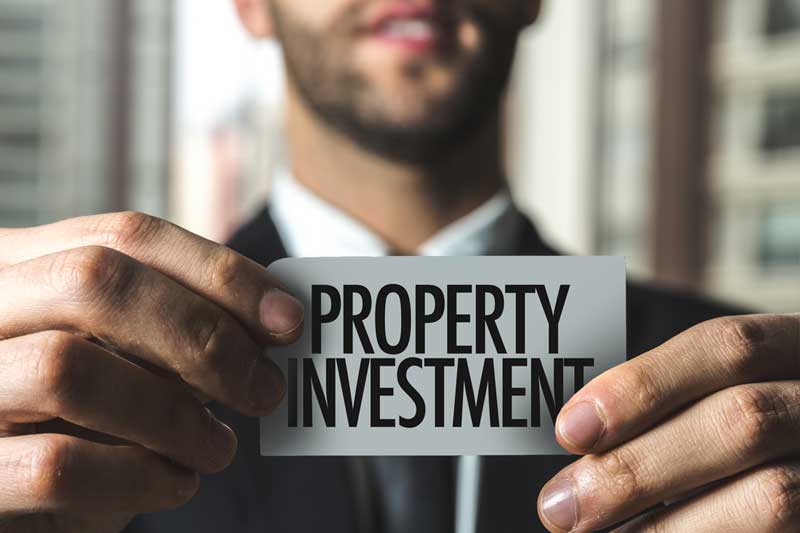Buying a unit or house as an investment is a popular topic of discussion. According to RP Data, only 8% of Aussies own an investment property, with most owning only 1.
With the constant stream of news articles and government attention, you would think that every man and their dog is investing in property and making a killing. The truth is quite different.

When it comes to buying an investment property, it’s important to be vigilant when it comes to deciphering the facts from the noise. Focusing on your own financial position, goals and strategies is the only way to reduce risk and ensure you’re making the best decisions.
Here are 3 things to think about before jumping into the world of investment properties.
1. Stage of life
What we mean by stage of life is that investing in property isn’t necessarily the right course of action for every person. The wise thing to do is to make sure you do thorough research into all available options and consult a financial advice professional. For someone with a large personal mortgage, it may be better to focus on paying down that debt first before considering wealth creation strategies. On the other hand, first home buyers may be interested in learning how they can enter the market as ‘rentvestors’. A rentvestor is someone who buys an investment property as a way of getting their foot onto the property market ladder. Rather than living in the property, they rent it out with the goal of building equity.
For someone approaching retirement, a strategy that involves downsizing the family home and investing the equity into a cash flow positive investment property could prove to be a good option.
It’s clear therefore that no strategy is one size fits all. Each person needs to assess their life stage and seek professional advice.
2. Time frame
It’s important to recognise that buying an investment property is a wealth building opportunity over the long term. Long term normally means greater than 10 years. The problem with short term property investment is that capital gains are limited while costs are high.
Giving your investment time to grow will ensure you capture profits over the full lifecycle of the property market. Buying and selling properties in quick succession will mean that you are charged stamp duty, government and legal fees unnecessarily. Timing is important – both when to buy an investment property and when to sell.
3. Financial goals
Simply ‘owning an investment property’ is not a goal. It’s a means to an end. You should think of an investment property the same way as any investment.
Ask yourself:
- What risk am I willing to take?
- Am I buying this for capital growth or to build equity?
- Do I want a cash flow positive investment?
- How long will I hold the property for?
- How much should I budget for maintenance?
- What happens if house prices go down?
By answering these questions, you will be able to come up with a list of financial goals and a decision making strategy for each scenario.
The best investments are well planned and have a low risk profile. By understanding your stage of life, your investment time frame and financial goals, you’ll be in a fantastic position to make the right decisions when investing in property.

